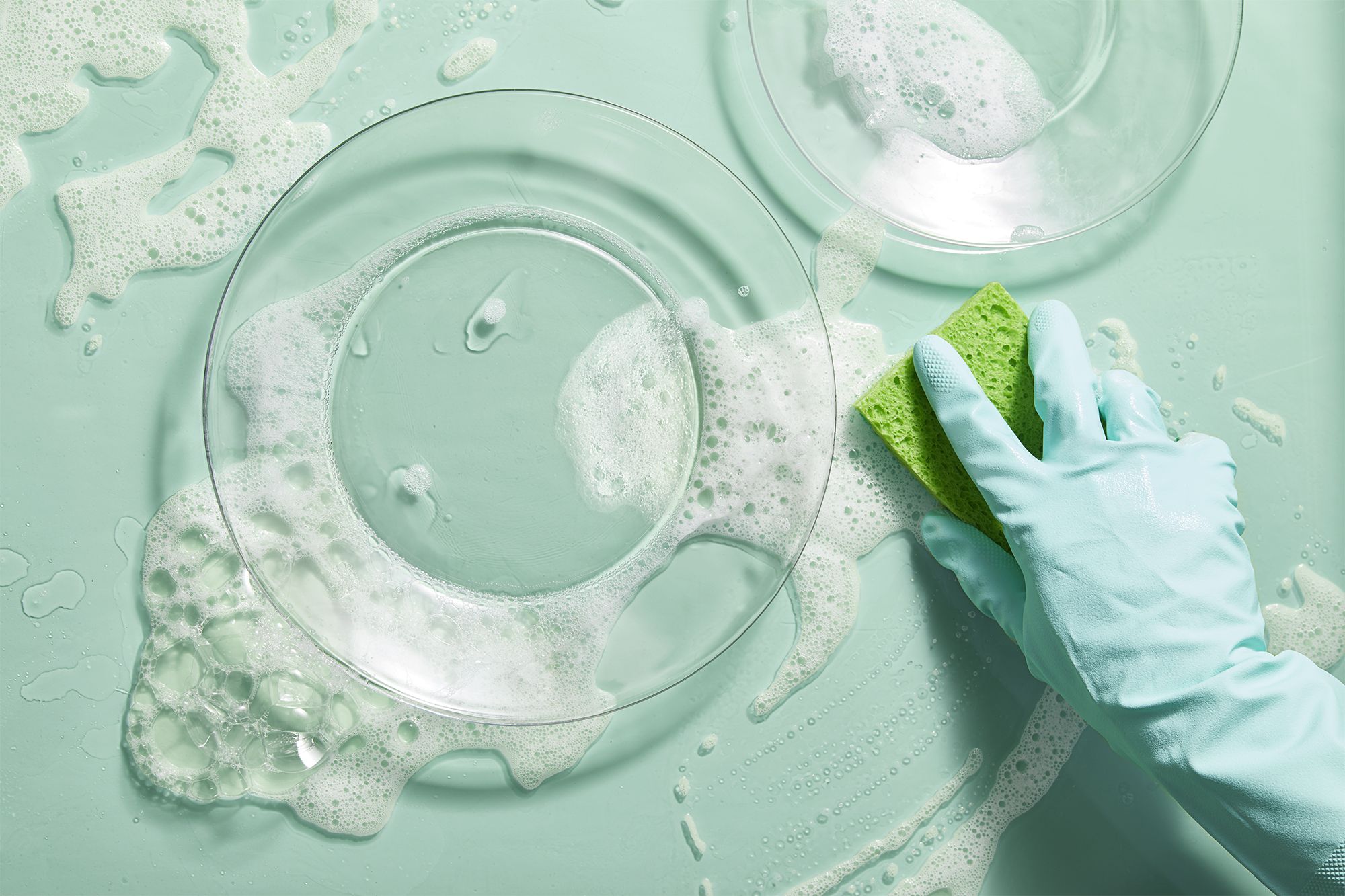Cleaning is often viewed as a chore, but it can also be a therapeutic activity that provides stress relief. In this blog, we will explore the concept of dust cleaning as a stress-relieving activity, highlighting the psychological benefits of creating a clean and dust-free environment. Transition words: Additionally, Furthermore
The Therapeutic Benefits of Dust Cleaning
- Mindfulness and Focus: Engaging in dust cleaning requires concentration and attention to detail, allowing you to be fully present in the activity and fostering a sense of mindfulness.
- Sense of Accomplishment: Completing a cleaning task, such as dusting surfaces, provides a tangible sense of achievement and satisfaction.
- Physical Movement and Exercise: Dust cleaning involves physical movement, which can release endorphins and contribute to a positive mood. Transition words: Moreover, Furthermore
Creating a Calming Atmosphere for Dust Cleaning
- Ambient Music or Soothing Sounds: Play soft music or nature sounds to create a calming ambiance while you clean.
- Aromatherapy: Use scented cleaning products or essential oils known for their relaxing properties to enhance the sensory experience.
- Natural Lighting: Open curtains or blinds to allow natural light into the space, promoting a brighter and more uplifting environment. Transition words: Additionally, Moreover
Incorporating Mindfulness Techniques into Dust Cleaning
- Deep Breathing: Practice deep, intentional breathing while dusting to instill a sense of calm and relaxation.
- Focus on the Present Moment: Instead of rushing through the cleaning process, focus on the sensations, sights, and sounds of the task at hand.
- Gratitude and Appreciation: Express gratitude for the clean and dust-free environment you are creating, fostering a positive mindset. Transition words: Furthermore, Additionally
Decluttering and Organizing as a Part of Dust Cleaning
- Emotional Release: Letting go of unnecessary items during the cleaning process can provide a sense of emotional relief and promote a clutter-free mindset.
- Increased Productivity: A clean and organized space can improve focus and productivity, leading to reduced stress levels.
- Enhanced Sense of Control: Taking charge of your environment through dust cleaning and decluttering can instill a sense of control and empowerment. Transition words: Moreover, Furthermore
Making Dust Cleaning a Regular Self-Care Activity
- Establish a Cleaning Routine: Set aside dedicated time for dust cleaning on a regular basis to maintain a clean and stress-free environment.
- Personalize the Experience: Make dust cleaning enjoyable by incorporating your favorite cleaning products, tools, or scents.
- Share the Task: Engage in dust cleaning as a shared activity with a partner, family member, or friend, making it a bonding experience. Transition words: Additionally, Moreover
Conclusion
Dust cleaning can be more than just a mundane task; it can be a therapeutic and stress-relieving activity. By approaching it mindfully, creating a calming atmosphere, and incorporating self-care elements, dust cleaning becomes an opportunity to find peace, achieve a sense of accomplishment, and create a clean and harmonious living space. Transition words: In conclusion, Therefore.

